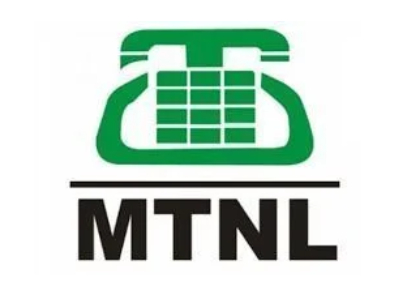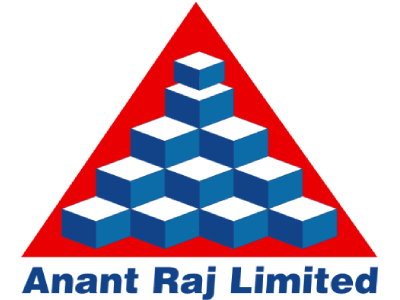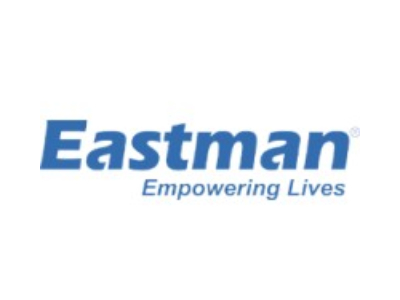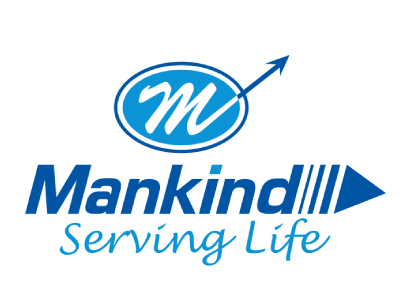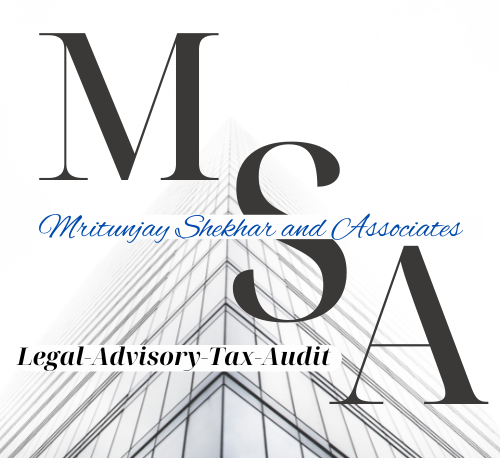Copyright
Copyright is a legal concept that grants exclusive rights to the creators of original works, protecting their intellectual property from unauthorized use, reproduction, or distribution. MSA Professional, as a service provider (https://msaprofessional.com/copyright/), likely offers services related to copyright registration and protection.
Copyright Registration is compulsory to protect your works, if you are planning to Copyright your creative or artistic work, get your Copyright Registration done by simply contacting Swarit Advisors.
Package :
- Advice on the process of obtaining a Copyright Registration
- Help you with documentation
- Assistance in the filing of an Application for Registration
- End-to-end Support
Free Call Back by our Expert
Here are some key characteristics of Copyright
- Overview
- Benefit
- Documents Required
- Registration Procedure
- Penalties
An Overview of Copyright Registration
Copyright is a vital part of Intellectual Property (IP), and it is an exclusive right given to authors or creators of artistic works, musical works, producers of cinematography films, sound recordings, etc. Copyright Registration is done as per the Copyright Act, 1957 and with the Registration, you become a legal owner/proprietor of your creative work in respect of music, books, website, paintings, mobile applications, etc. Copyright Registration that the original work of an author cannot be copied or misused. No individual is allowed to use a similar work or creation without the permission of the actual creator or author. The author has the right to fine others for using their work or changing it without the consent of the original author. Copyright Registration protects the creator’s rights from Copyright Infringement. It gives official protection by which no other unauthorised person can misuse the work in any way without procuring the owner’s permission. In India, the Copyright Registration gives its owner exclusive individual rights to copy, distribute, reproduce the work or give authorisation to another entity for the same. It provides a bunch of rights; communication to the public, rights of production, reproduction, and translation of work. However, procedures, ideas, methods of operation or mathematical concepts cannot be copyrighted.Benefits of Copyright Registration
The benefits of Copyright Registration are as follows:- Creates Public Record
- Acts a Legal Evidence for Ownership
- Protects Work from Infringement
- Permits Author to Change the Form of Work
- Allows Transfer of Rights
Documents Required for Copyright Registration
The documents required for Copyright Registration are as follows:
- Basic Documents
- Address Proof and Identity Proof of the applicant along with the nationality;
- Disclosure of the interest of the applicant in the Copyright; whether the applicant is the author of the work or the legal representative of the author;
- Submit two copies of the original work;
- In case of a company or business, submit an incorporation certificate;
- Details of the work’s nature;
- Work Language;
- Title, class, and description of the work;
- Publication date; publication in magazines or in a research paper (Internal) submitted to a professor doesn’t count as publication;
- Artistic Work
- Submit 2 copies of the work.
- Demand Draft of Rs (as applicable) per work.
- NOC (No Objection Certificate) from the author if in case the applicant is different from the actual author.
- NOC (No Objection Certificate) from the publisher if work is published and the publisher is different from the applicant.
- Search Certificate from the Trade Mark Office, if in case the work is being used on goods or is capable of being used on the goods.
- NOC from the person whose photograph appears on the work.
- If in case the application for Registration is being filed by a copyright expert, then there is a need for a specific Power of Attorney that will be signed by the applicant and accepted by the attorney.
- Cinematograph Film
- Submit 2 Copies of the Work.
- Demand Draft of Rs (as applicable) per work.
- A copy of the Deed of Assignment or NOC from various copyright holders.
- NOC (No Objection Certificate) from the publisher if work is published and the publisher is different from the applicant.
- If in case the application for Registration is being filed by a copyright expert, then there is a need for a specific Power of Attorney that will be signed by the applicant and accepted by the attorney.
- Music
- Submit 2 Copies of Work.
- Demand Draft of Rs (as applicable) per work.
- NOC (No Objection Certificate) from the publisher, if work is published and the publisher is different from the applicant.
- If in case the application for Registration is being filed by a copyright expert, then there is a need for a specific Power of Attorney that will be signed by the applicant and accepted by the attorney.
- NOC (No Objection Certificate) from the author if in case the applicant is different from the actual author.
- Literary and Dramatic Work
- Submit 2 Copies of Work.
- Demand Draft of Rs (as applicable) per work.
- If in case the application for Registration is being filed by a copyright expert, then there is a need for a specific Power of Attorney that will be signed by the applicant and accepted by the attorney.
- NOC (No Objection Certificate) from the author if in case the applicant is different from the actual author.
- Sound Recording
- Submit 2 Copies of the Work.
- Demand Draft of Rs (as applicable) per work.
- A copy of the Deed of Assignment or NOC from various copyright holders.
- If in case the application for Registration is being filed by a copyright expert, then there is a need for a specific Power of Attorney that will be signed by the applicant and accepted by the attorney.
- NOC (No Objection Certificate) from the author if in case the applicant is different from the actual author.
- Software
- Submit 2 Copies of the Work.
- Demand Draft or IPR of Rs (as applicable) as per the work.
- Author’s NOC if the author is dissimilar from the applicant.
- NOC (No Objection Certificate) from the publisher if the work is published and the publisher is different from the applicant.
- When filling the application via an attorney, an original copy of a Power of Attorney is signed by the applicant and also accepted by the attorney.
- The source code and the object code of the work for due certification.
Procedure for Copyright Registration in India
In India, the steps involved in the process for Copyright Registration are as follows: Step 1: Create the Applicant’s User ID and Password: First, the applicant needs to create the user ID and password for login before applying for the Copyright Registration. For this, the applicant is required to opt for “New User Registration”. Step 2: Filling the Application: An applicant can file the application form for the Registration either manually in the office or via an e-filing facility available on the official website.For the Registration, an application should be filed with the Registrar along with the details of the work. After login, the applicant needs to click on the button “Click for Online Copyright Registration” and fill out the online Registration Form”with all the vital documents. The Registrar will issue a Diary Number to the applicant after filing the Copyright application form. Step 3: Examination of Copyright Application: After filing the application, the next stage is to examine the application. Once the Diary Number is issued to the applicant, at least thirty days of waiting time are provided where the Copyright examiner can examine the application. Once the examination process is done, the Registration Process gets categorised into two different segments:- In Case the Objections are Raised
- In Case of No Objections
Penalties for Copyright Infringement
- In the case of Copyright Infringement, the minimum punishment is imprisonment for 6 months with a minimum fine of Rs. 50,000/-;
- In case of a second & subsequent conviction, the minimum punishment is imprisonment for 1 year and a fine of Rs. 1 lakh.
The process to Check the Status of Copyright Registration
The steps involved in the process of checking the status of Copyright Registration are as follows: Step 1: First, the applicant has to visit the official website. Step 2: Once you enter the website, then a home page the website will appear on your computer screen. On the left side, you will see the Online Services section, where you will see the “Status of Application” button. Step 3: After clicking the button, you have to enter your “Diary Number” and then click on the “View Status” button. Step 4: After clicking the “View Status” button, then only you will be able to check the status of a Trademark Application.Customer Reviews
☆☆☆☆☆ 5/5
VITIKA MAKAJI
Trademark Objection
- Verified Customer
04 May 2023
Good follow up.
☆☆☆☆☆ 5/5
SWETHA D
DIN eKYC Filing
- Verified Customer
12 May 2023
Goood
☆☆☆☆☆ 5/5
HARIHARAVIJITHA M
Trademark Registration
- Verified Customer
04 May 2023
nice
☆☆☆☆☆ 5/5
VITIKA MAKAJI
Trademark Objection
- Verified Customer
04 May 2023
Good follow up.
Our Clients


